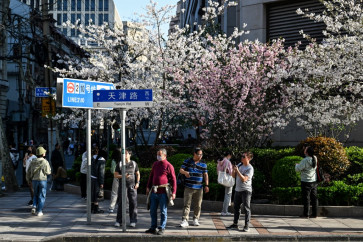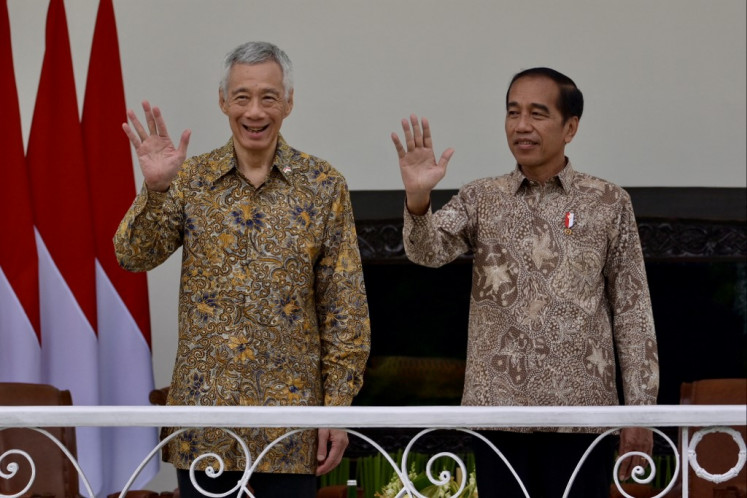Letter: Islamic banking: The next bubble?
I have often asked various Muslim friends to explain to me the fundamentals of Islamic banking
Change Size

I
have often asked various Muslim friends to explain to me the fundamentals of Islamic banking. The answer is that they themselves can’t really explain it well – especially when challenged with probing questions – but they always know a very smart expert who can.
The expert will then subject you to an avalanche of statistics and vague jargon. If you are a skeptic, you risk getting the impression that the truth is shrouded with flowery language and irrelevant mathematics – just like when you deal with classical banks and economists selling their products and systems. In the end, you simply must have faith that the label “Islamic” means “better”.
Basically, Islamic banking considers charging interest haram. Instead, investors (or savers) get some sort of dividend. You can view it differently, but that is what comes down, too. In the past our religions declared that interest on a loan was “bad”, the rationale being that you can get rich by doing nothing. But nowadays most religions have a more pragmatic approach.
For example, investing money in a loan to build a school or hospital in return for some interest does help society. Without the loan, it may not be built at all. So why would it be immoral that people who invest their money wisely instead of spending it carelessly receive a reward for it?
The questions of ethics then come down to do small or large investors receive “just” rewards? And, is the money used wisely and ethically?
What is “just” is of course a different question. Wealthy people can easily put some of their income in dividend-like bonds. They can take the risk and if the investments are sensible, they obtain a nice profit – unless big-time crooks in financial institutions, their auditors and governments who create huge debts and bad legislation simply make the whole system fail.
People with little money to “save” should not risk putting their money in a few dividend-like investments: they may lose more than they can afford.
In classical savings banks, people of the second category should at least be provided a guarantee on their capital. They should have some protection against inflation and receive their share of the cake with guaranteed interest. Is this less just and ethical?
What is ethical and what isn’t is another question that is not easy to answer in practice, unless you blindly trust one earthly authority to guide you.
Will the “Islamic” label then ensure that people with a highest sense of moral and with the best competency to run the bank efficiently and wisely be the management and staff of an Islamic bank? If the answer is yes, the future does look bright.
In fact, judging from that perspective, the label “Islamic” is not a guarantee at all and it looks that Islamic banks will thus be faced with the same problems and pitfalls as the others.
Paolo Scalpini
Toulouse, France









